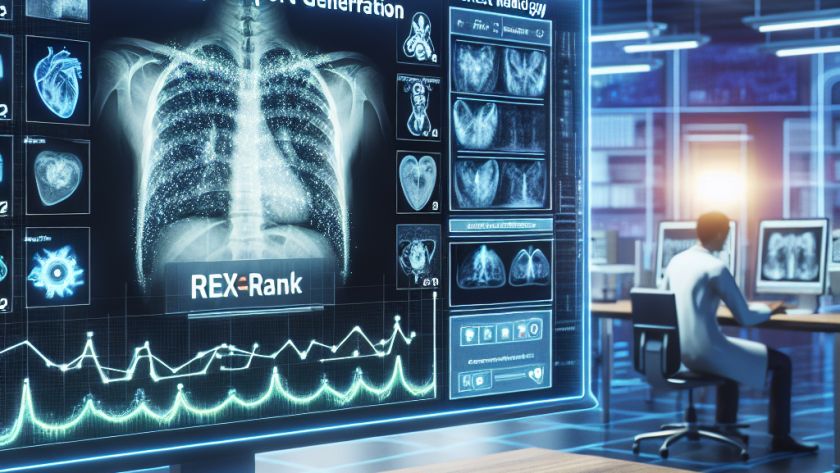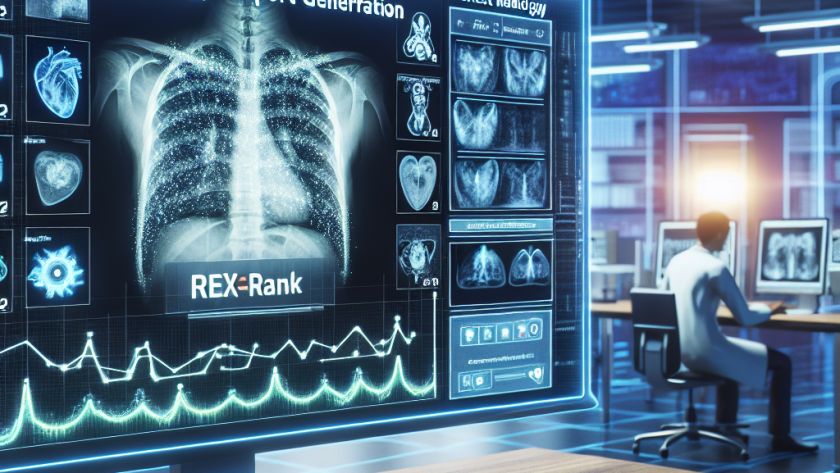A recent research study by teams at Imperial College Business School, Samsung AI, and IBM has proposed an innovative solution for scientific discovery, using a framework that they call AI-Hilbert. The system is designed to discover natural laws by modeling axioms and laws as polynomials. The research leverages binary variables and logical constraints to solve…











